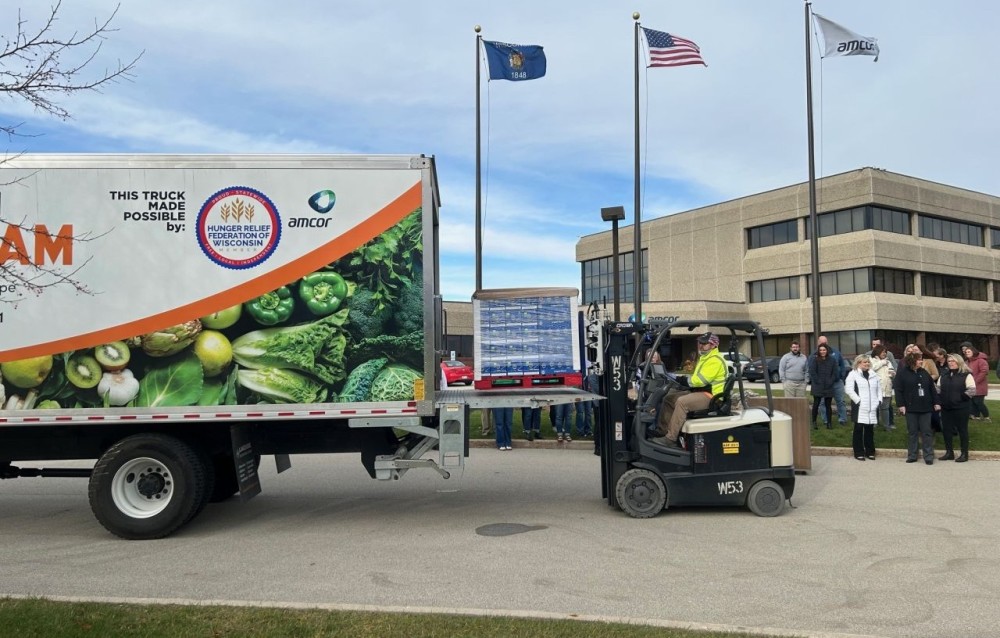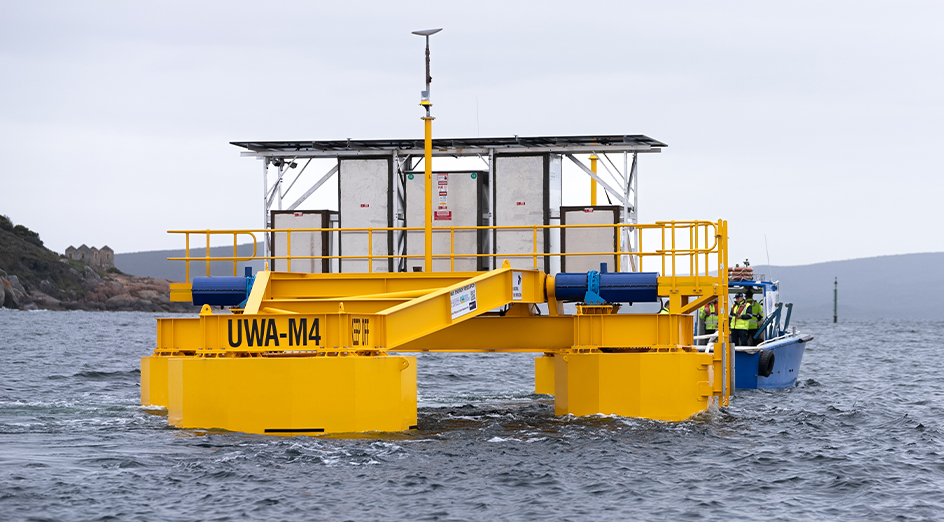More than $700,000 has been awarded to Western Sydney University, through the Medical Research Future Fund (MRFF) in the Clinical Trials Collaboration Round, to test whether new diabetes technology can reduce pregnancy complications among women with type 1 diabetes.
Distinguished Professor David Simmons from the School of Medicine and Translational Health Research Institute (THRI) and Associate Professor Kathy Tannous from the School of Business and THRI were awarded $763,386 to lead the project, ‘Closed-loop Insulin delivery by glucose Responsive Computer algorithms In Type 1 diabetes pregnancies (CIRCUIT).’
The project tackles the complications for newborns resulting from elevated glucose in pregnancy. Through this research the team seek to determine if a new technology, automated insulin delivery (AID), used among pregnant women with Type 1 diabetes results in better glucose control, reduced diabetes self-care demands and fewer neonatal and maternal complications, compared with conventional insulin delivery.
Deputy Vice-Chancellor (Research, Enterprise & International) Professor Deborah Sweeney welcomed the funding.
“One of the biggest challenges in health research is translating findings into better patient outcomes. The development of this technology is set to have life changing impacts on pregnant mothers and their babies. Western welcomes this funding, and opportunity to leverage our research excellence and strategic alliances to address such a complex global health challenge,” said Professor Sweeney.
Lead Investigator of the project Professor David Simmons said findings could result in more effective and easier ways for women with type one diabetes to have healthier pregnancies and children.
“The closer blood sugar can be to a normal level, the less chance there is of birth complications, however tailoring the minute-by-minute insulin dose to the needs of a pregnant woman requires an enormous amount of effort. The technology we will be testing can provide automated insulin delivery and is better able to mimic healthy pancreas function by automatically adjusting the amount of insulin infused by a small pump, based on current and predicted glucose levels. This could not only help us achieve normal glucose levels but significantly improve a mother’s quality of life at a time when it should be one of the most joyous,” said Professor Simmons.
The Medical Research Future Fund (MRFF) is a $20 billion long-term investment supporting Australian health and medical research. The MRFF aims to transform health and medical research and innovation to improve lives, build the economy and contribute to health system sustainability.
The study will be carried out in collaboration with a team in Canada led by Professor Lois Donovan in Calgary are funded by the Canadian Institutes of Health Research.








